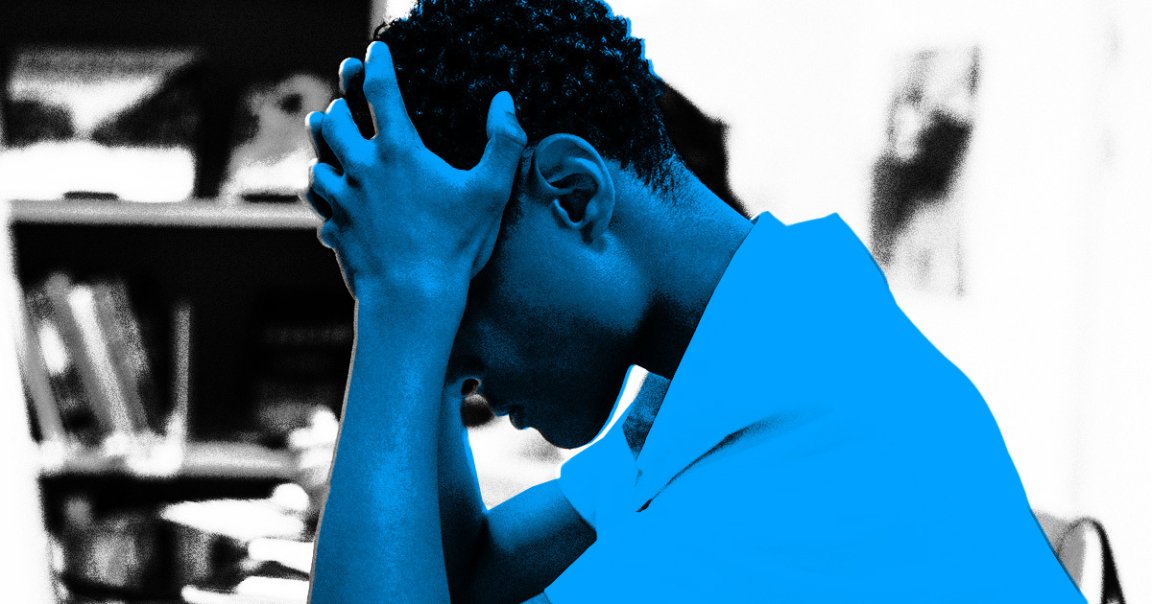
Imagine the unbelievable expectations that come with being among the small number of “designer babies” — children whose embryos are handpicked before birth so that they possess their parent’s conception of ideal traits, free of common diseases and developmental disorders.
Or at least, that’s what’s promised. In reality, now that the first generations of these children are becoming teenagers, many of them are struggling with the unfair pressures put on them, with what a therapist says can be “devastating” consequences, according to a therapist.
“In these homes, a high value gets placed on achievement. I think the way these kids are created sends the message: ‘You’re not good enough. You need to achieve. You’re not accepted,'” a psychologist based in California, who chose to remain unnamed, told Wired in an interview. “The child grows up feeling very different, knowing they were an experiment but not getting the proper support or acceptance they need to thrive,” they added.
The therapist says they’ve worked with many families who chose to have kids through in vitro fertilization, or IVF, in which prospective parents conceive a child by fertilizing mature eggs with sperm in a lab.
Most of these couples didn’t have fertility issues, but opted to choose donor eggs with specific traits they wanted their child to have. A common archetype the therapist has observed among the fathers in these couples is that they’re controlling Silicon Valley men who want things a certain way. And when their designer baby doesn’t turn out that way, “usually, it’s a disaster.”
“People who have children this way often place too much importance on genes while ignoring the environment,” the therapist told Wired. “It’s like a project or building a company. People don’t always realize they are creating a human being and not a piece of furniture.”
The reality is that genetically engineering human beings won’t produce the levels of perfection that’s promised in the 1997 film “Gattaca” — a movie, it’s worth mentioning, that serves as a jeremiad against the dangers of eugenics and how such technology would be wielded to overdetermine people’s lives.
Many disabilities can arise from IVF, according to the therapist, and often premature births occur, which comes with their own complications. Some develop learning differences or autism. But parents who expected the indisputable powers of science to deliver them offspring without any of these issues often can’t accept that.
It’s even worse in cases like when the parents later find out that their genetic donors had psychiatric problems.
“Then the kid gets viewed through that lens,” the therapist said, “which can be pretty devastating and traumatic: ‘Your donor is nuts, so you must be, too.'”
And these are just the consequences of screening embryos to achieve designer babies. In recent years, new technologies have led to the first gene-edited children to enter this world, and we can only imagine how this will set up these parents to be disappointed even more bitterly — and how that will weigh on their progeny.
More on IVF: Infamous Billionaire Accused of Running Bizarre Human Birthing Scheme